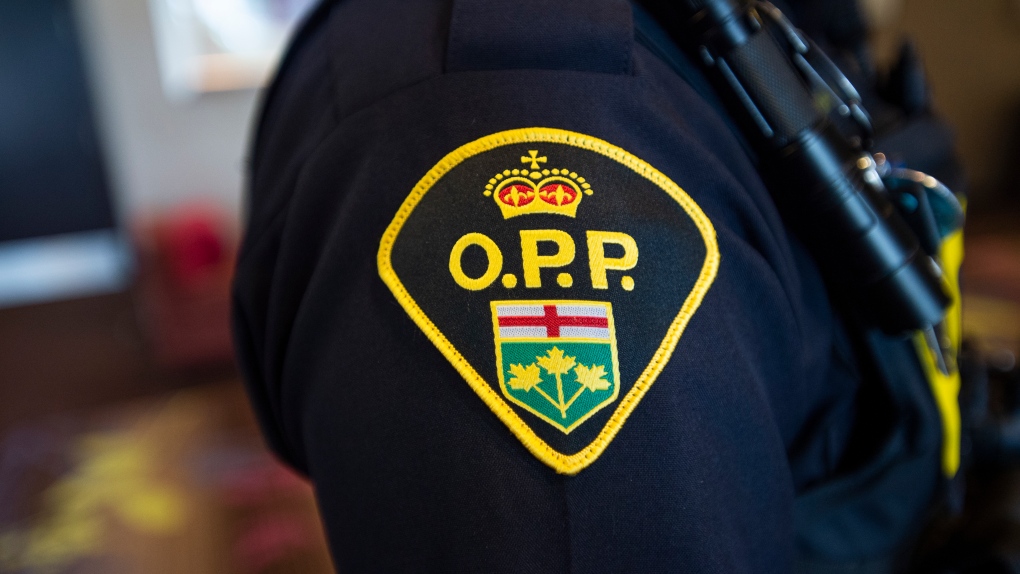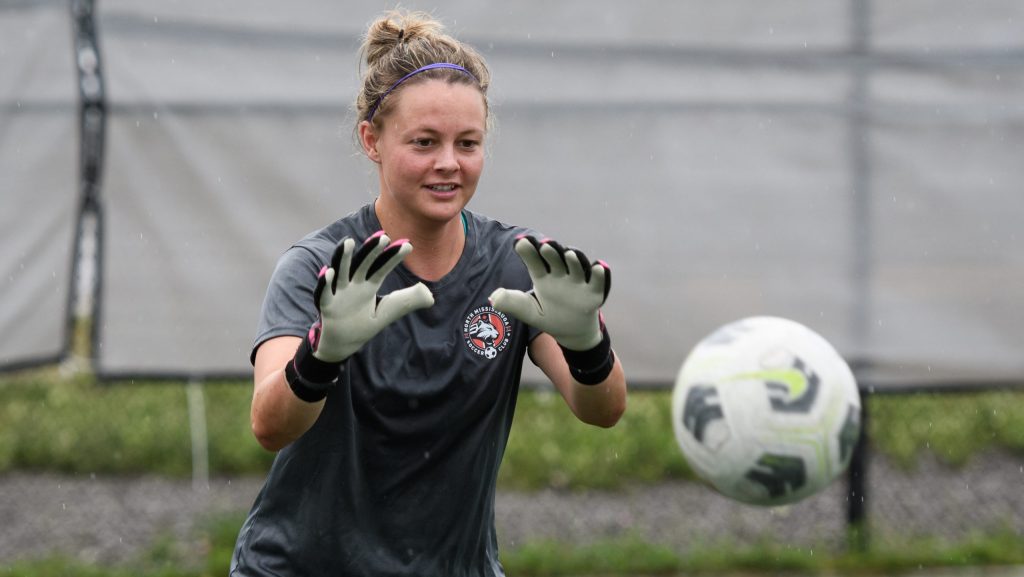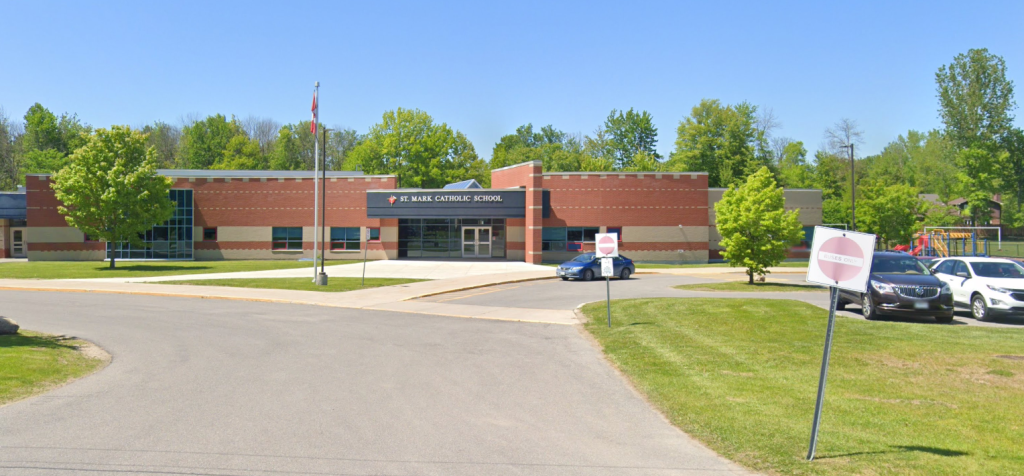Ontario pediatric hospitals ask for help to deal with backlog of 12,000 surgeries
Posted Jan 22, 2023 05:30:00 PM.
Nearly 12,000 children are on a wait list for surgeries across Ontario, a situation officials at four major pediatric hospitals say is part of a much bigger problem they need help from the province to solve.
A surge of viral respiratory illnesses, driven by a particularly bad strain of the flu and respiratory syncytial virus, overwhelmed the Hospital for Sick Children in Toronto, McMaster Children's Hospital in Hamilton, the Children's Hospital at London Health Sciences Centre and CHEO, a health care and research facility in Ottawa.
The hospitals say that surge has abated after three difficult months which saw surgeries cancelled and staff redeployed to help out overburdened emergency departments and intensive care units.
But through that time, the surgical wait list continued to grow. About half of the 11,789 children on it are waiting beyond the clinically recommended wait times, which hospitals say is partially due to the respiratory surge and the COVID-19 pandemic.
“The fact that we've now come out of the surge and we're still very strained helps to demonstrate that we really need major investments,” said Bruce Squires, president of McMaster Children's Hospital.
The surgical wait list at the hospital sits at 2,332 children, Squires said, adding 69 per cent of those procedures are beyond the clinically recommended wait times. He said more specialized operating room staff, like nurses and anesthesiologists, are needed to address the situation.
Staffing is the main issue preventing the four hospitals from ramping up surgeries.
SickKids in Toronto, which is back to 85 per cent of surgical capacity, said the wait list will actually grow even if they restore full service levels. For a stretch last year, SickKids operated at 100 per cent capacity and the wait list ballooned by 15 per cent, said Dr. Simon Kelley, a surgeon and associate chief of perioperative services the hospital.
And that was before the surge.
The wait list at SickKids sits at 6,301 procedures. Hospital staff had to cancel 280 surgeries since ramping service levels down in mid-November, with half those procedures now completed or rescheduled.
Kelley said the hospital is working with regional facilities to launch a new model that would see the community hospitals take on more pediatric surgeries, likely more straightforward day procedures.
Ontario Health, with support from the Ministry of Health, has helped organize meetings with regional health-care providers and are helping identify which procedures could be done outside the main pediatric hospitals, Kelley said.
“We need to really think about how we redesign pediatric surgery and how the service is offered across the province,” said Kelley.
Health Minister Sylvia Jones is “in constant communication with pediatric hospital CEOs and has offered the government's full support to do what we can to ramp up their capacity,” spokeswoman Hannah Jensen said.
Adult hospitals across the province are dealing with their own massive surgical backlog, pegged around 200,000 procedures. The province recently announced a move to expand adult surgeries performed in private clinics to help that backlog.
Children's hospitals had a meeting on Thursday with Ontario Health as part of a new “surgical access” table in an effort to figure out how to tackle the surgical backlog, said Nash Syed, president of the Children's Hospital at London Health Sciences Centre.
The pediatric hospital said ICU capacity expanded during the surge by six beds to 20 in total. Four of those six new beds are funded long-term by the province, Syed said.
The ICU was often running at 130 per cent during the surge, and the hospital emergency department hit peaks of more than 200 children per day in a space built to handle 120 daily patients.
“It's too small,” Syed said. “We're looking at how we are going to rebuild our emergency department.”
The London hospital had to cancel surgeries as well, but the move came due to a lack of beds rather than a need to redeploy staff. It's now in early discussions with regional facilities to help establish a hub-and-spoke model similar to the one SickKids is working on, Syed said.
In 2020, it opened up a “minor procedure” operating room in an effort to ease pressure on the main one. Syed said about 100 kids go through per month, with the average time inside hospital totaling 1.5 hours.
“It's faster than an OR, it's cheaper than an OR,” Syed said. “It's a perfect model, but we need to scale that up.”
In Ottawa, the surge got so bad that Tammy DeGiovanni, the senior vice president for clinical services and chief nurse executive, said finance and communication workers were helping nurses and doctors with running errands and answering phones.
CHEO ramped down its operating theatre from eight rooms to five, which allowed staff to redeploy to the emergency department and the ICU. But volumes were so high that the hospital built a second ICU, which the province has since funded to make it permanent.
The ICU is now at 80 per cent capacity rather than levels of 200 per cent seen during the fall. And the operating room is back running at full capacity.
The hospital has begun sending surgeons to smaller hospitals to perform operations, which frees up an operating table at CHEO.
DeGiovanni was buoyed by hope after the ministry made funding permanent for the second ICU, but said much more change and ministry investment is needed.
“There is a worry that both the ministry and society will move on and that we'll forget about this surge,” DeGiovanni said.
“We need a permanent infusion of funds for surgeries, we can't just go year to year.”
“You can't hire staff with one-time dollars.”
This report by The Canadian Press was first published Jan. 22, 2023.








